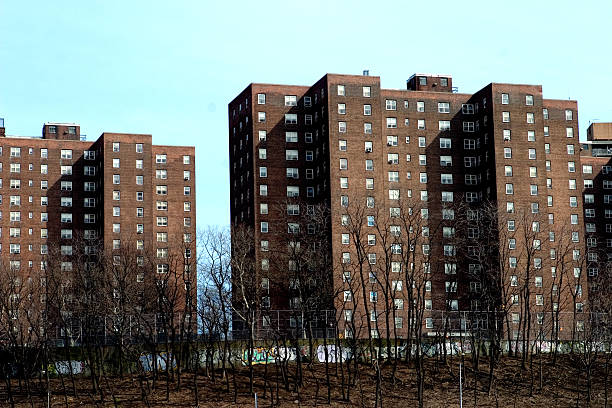Reminder that there are not actually that many vacant properties out there where people want to live:
https://ggwash.org/view/68831/no-vacancy-is-a-problem-when-people-need-homes
Vacancy rates are very low in cities with high housing prices, and most vacancies in those cities are simply units changing hands between different residents.
As for investors buying up units, we know that they are not keeping them empty, because vacancy rates count investor owned units as well, yet have found the same very low vacancy rates. Why would investors want to lose money on an empty unit when they can simply rent out the unit instead?
Vacant units are not a solution to high housing prices.


 Look up e.g. the Vacancy Report by the ACCE institute, which states: "With more than 36,000 unhoused residents, Los Angeles simultaneously has over 93,000 units sitting vacant, nearly half of which are withheld from the housing market."
Look up e.g. the Vacancy Report by the ACCE institute, which states: "With more than 36,000 unhoused residents, Los Angeles simultaneously has over 93,000 units sitting vacant, nearly half of which are withheld from the housing market."


 Maybe, with a little bit of tech, we could have your final vision of "human storage":
Maybe, with a little bit of tech, we could have your final vision of "human storage":
 The more population density, the better, am I right?
Big number = good!
Sim City worldview FTW!
The more population density, the better, am I right?
Big number = good!
Sim City worldview FTW!
